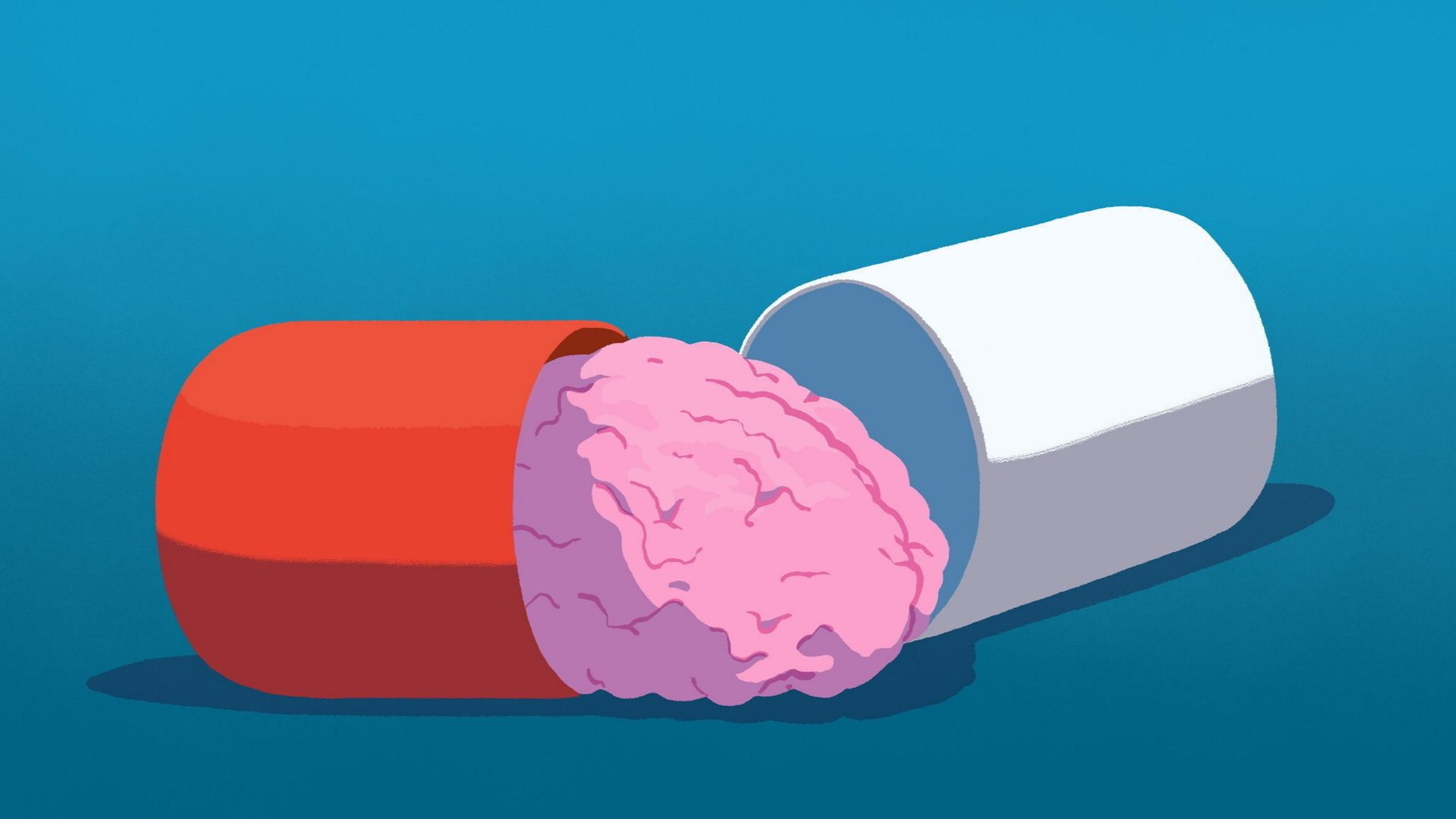
The writer is the director of mental health at the Wellcome Trust
Psychiatric medication is controversial. While most recognise that mental health problems are caused by a tangle of psychological, social and biological factors, debates about solutions are polarised between those advocating for addressing environmental factors and those more interested in medication.
This point of contention is part of the reason that, for too many years, progress in psychiatric pharmaceutical development has been at a near standstill. Drugs work by acting on a “target” — often a protein or a receptor — to produce a therapeutic effect. Innovation in drug development is usually driven by the discovery of new targets. However, the vast majority of mental health medicines prescribed today have the same targets as their pre-1960 prototypes. Most of them were discovered by serendipity; we know surprisingly little about their underlying mechanisms.
These treatments are far from perfect. Half of adults with depression don’t improve with antidepressants or antipsychotics. Some experience negative side effects, or difficulties in stopping the medication; there is much debate about their use in children and young people.
So why is it so hard to develop new medications that work?
The complexity of the brain is one challenge. Another is the lack of good animal models — for most areas of medicine an important early step for new treatments — because studying subjective experiences such as depression or delusions in a mouse poses obvious challenges.
Then there’s the issue of how mental health conditions are categorised and understood. With no validated biomarkers — scans, blood tests or other means to identify the precise condition — psychiatry can look like infectious disease before we had germ theory.
And for those possible medicines that look promising, many don’t work in practice. On average, 73 per cent of psychiatric drug candidates fail to make it through Phase 2, the stage of clinical development that involves testing if a drug works well enough to warrant further investigation.
Moreover, to deliver strong results from clinical trials, researchers must be able to recruit large numbers of patients. This is far from easy — the complex systems through which people find clinical trials are often badly suited to engage people with mental health conditions. One researcher told us that they were only able to recruit 30 of their 700 required patients over a three-year period.
This environment means private funding for mental health drug development is challenging — such risks concern investors. The situation is a catch-22: a scarce funding landscape limits researchers’ opportunities to assess promising targets and drug candidates. This in turn makes success less likely and investment riskier.
So how do we stimulate innovation in a neglected field? We could look to obesity as an example, where significant investment took an area making very slow progress to one with a huge uplift in discovery and resulting drug development.
There are signs that we are at the start of a new wave of discovery in psychiatric medications. The first new type of antipsychotic in over 50 years was approved for use in the US last year. Welsh biotech Draig Therapeutics recently announced they had secured $140mn to develop their new depression treatment. The use of AI and other large data approaches have the potential to transform the field. There’s an increased focus on unpacking existing medications such as antidepressants to understand how they work and how they can be improved.
Wellcome are in the process of joining a large public-private consortium that has announced funding for scientists to hunt for biomarkers for conditions including mental illnesses. This could give us rich insights into the biology behind mental health conditions and galvanise innovative treatments.
To those who do not believe that pharmaceuticals are a way forward, I say I believe there can be no either/or in mental health. While we must rigorously examine non-pharmacological interventions, including digital and large-scale social policy interventions, we also need to explore potential medicines.
As a philanthropic organisation, Wellcome can shoulder some of the considerable risk involved in psychiatric drug development. But it is only with commitment from investors, industry, scientists and people with lived experience that we will find new medications that will transform the lives of millions across the globe for the better.